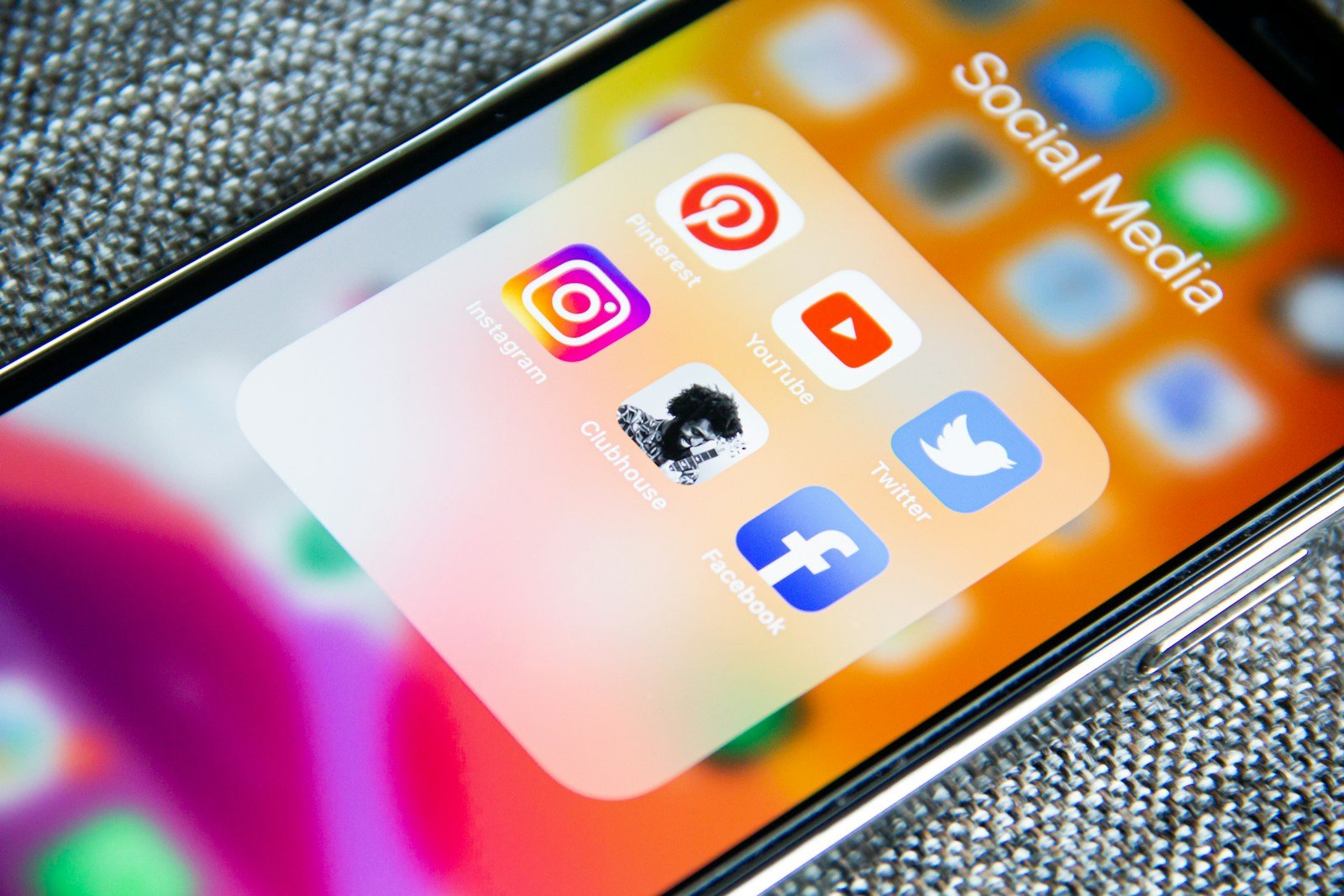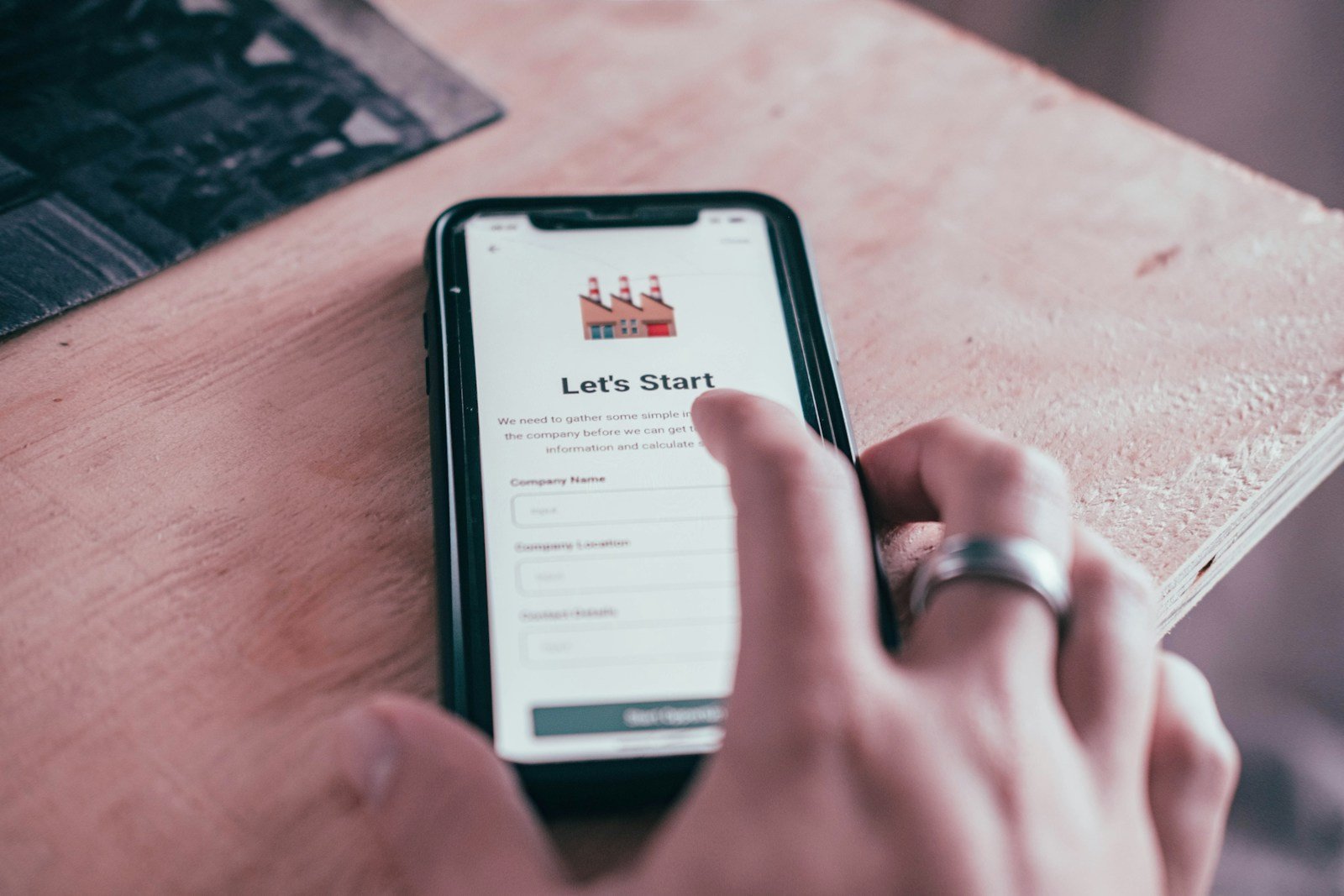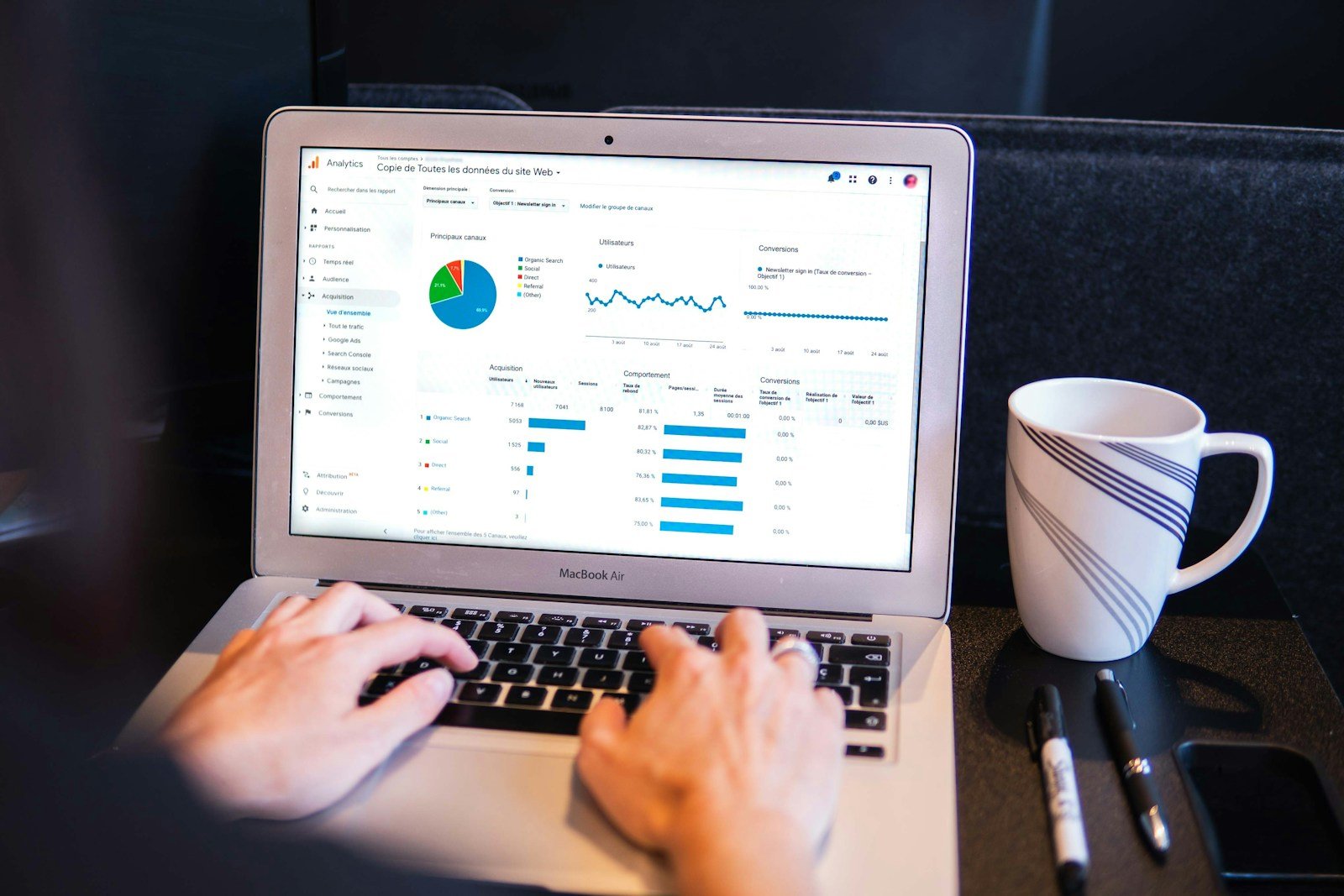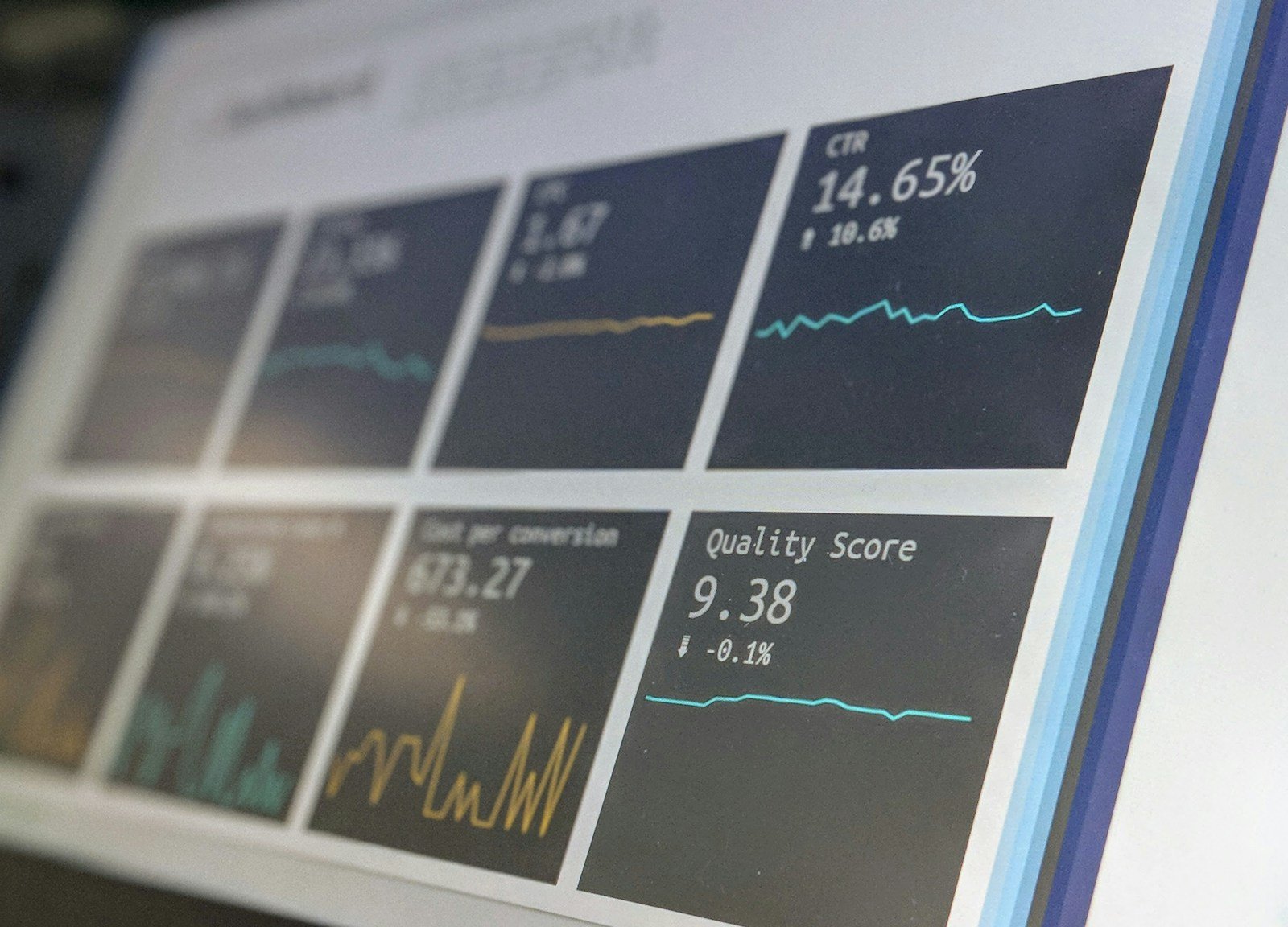Table of Contents
Toggle
If we haven’t met before, we are StaySuite Marketing, a dedicated team committed to helping hotels and the hospitality industry thrive in the digital landscape. Our mission is to empower hotel owners and managers with the knowledge and tools needed to boost their online presence, attract more guests, and drive bookings.
One of the most common challenges our clients face is effectively integrating multiple marketing channels to create a cohesive and impactful strategy. Without a well-coordinated approach, marketing efforts can become fragmented and less effective.
This article will detail the exact steps you need to take to integrate multi-channel marketing for your hotel, based on proven strategies we’ve implemented successfully for our clients.
PRO TIP: Bookmark this article for quick reference as you work on enhancing your hotel’s digital marketing strategy!
1. Introduction
In today’s competitive hospitality industry, relying on a single marketing channel is no longer sufficient. Integrating multi-channel marketing strategies allows hotels to reach potential guests through various touchpoints, creating a cohesive and engaging brand experience. This article explores the importance of multi-channel marketing for hotels and provides actionable steps to effectively integrate different marketing channels.2. Understanding Multi-Channel Marketing
a. What is Multi-Channel Marketing? Multi-channel marketing involves using multiple marketing platforms and channels to interact with potential guests. This approach ensures that your hotel’s message reaches a wider audience and engages guests at various stages of their journey. b. Benefits of Multi-Channel Marketing for Hotels- Increased Reach: By leveraging different channels, you can reach a broader audience and attract more guests.
- Consistent Messaging: Integrated marketing ensures a consistent message across all platforms, enhancing brand recognition.
- Improved Engagement: Engaging guests through their preferred channels increases the likelihood of bookings and repeat stays.
3. Coordinating PPC Campaigns with SEO Efforts
a. Leveraging PPC Advertising- Immediate Visibility: Pay-per-click (PPC) advertising provides instant visibility on search engines, complementing the longer-term benefits of SEO.
- Targeted Campaigns: Use PPC campaigns to target specific keywords and demographics, driving relevant traffic to your hotel’s website.
- Keyword Data: Analyse PPC campaign data to identify high-performing keywords and incorporate them into your SEO strategy.
- Testing Content: Use PPC ads to test the effectiveness of different headlines and content, then apply successful elements to your website for SEO.
- Unified Goals: Align your PPC and SEO goals to ensure both strategies work towards increasing visibility and bookings.
- Cross-Promotion: Use insights from PPC campaigns to refine your SEO strategy and vice versa, ensuring both channels complement each other.
4. Using Content Marketing to Support Social Media Campaigns
a. Creating Engaging Content- Blog Posts: Regularly publish blog posts on topics relevant to your guests, such as local attractions, travel tips, and hotel updates.
- Visual Content: Use high-quality images and videos to make your content more engaging and shareable on social media.
- Content Distribution: Share your blog posts, videos, and other content across social media platforms to reach a wider audience.
- Engagement Strategies: Encourage interaction by asking questions, running contests, and responding to comments on your social media posts.
- Analytics Tools: Use social media analytics tools to track engagement, shares, and other metrics, helping you understand which content resonates most with your audience.
- Refining Strategies: Adjust your content and social media strategies based on performance data to maximise reach and engagement.
5. Enhancing Guest Experience with Personalised Email Campaigns
a. Building a Personalised Email List- Segmenting Audiences: Segment your email list based on guest preferences, booking history, and other criteria to send targeted campaigns.
- Lead Magnets: Use lead magnets, such as exclusive discounts or travel guides, to grow your email list with high-quality leads.
- Customised Offers: Send personalised offers and recommendations based on guest preferences and behaviour.
- Automated Campaigns: Set up automated email sequences to nurture leads and keep past guests engaged.
- Email Analytics: Monitor open rates, click-through rates, and other key metrics to gauge the effectiveness of your email campaigns.
- A/B Testing: Conduct A/B tests on subject lines, content, and CTAs to optimise your email performance.
6. Integrating Offline and Online Marketing Efforts
a. Bridging the Gap- Consistent Branding: Ensure your offline marketing materials (brochures, flyers, etc.) reflect the same branding and messaging as your online efforts.
- Promotional Codes: Use promotional codes in offline ads that can be redeemed online, bridging the gap between offline and online marketing.
- Collaborations: Partner with local businesses and attractions to create joint marketing campaigns that benefit both parties.
- Events and Sponsorships: Sponsor local events or host your own to increase brand visibility and drive traffic to your online channels.
- Unique Landing Pages: Use unique landing pages for offline campaigns to track their effectiveness.
- Customer Feedback: Gather feedback from guests on how they found out about your hotel to refine your offline and online strategies.
7. Using Data and Analytics to Inform Multi-Channel Strategies
a. Collecting Data Across Channels- Unified Analytics Tools: Use tools like Google Analytics and social media insights to gather data from all your marketing channels in one place.
- Cross-Channel Attribution: Understand the customer journey and the role each channel plays in driving conversions.
- Key Metrics: Focus on metrics such as website traffic, engagement rates, conversion rates, and return on investment (ROI) to evaluate the effectiveness of each channel.
- Performance Reports: Regularly generate performance reports to identify trends, strengths, and areas for improvement.
- Data-Driven Decisions: Use data insights to adjust your marketing strategies and allocate resources to the most effective channels.
- Continuous Improvement: Regularly review and refine your multi-channel marketing efforts based on performance data to achieve better results.







